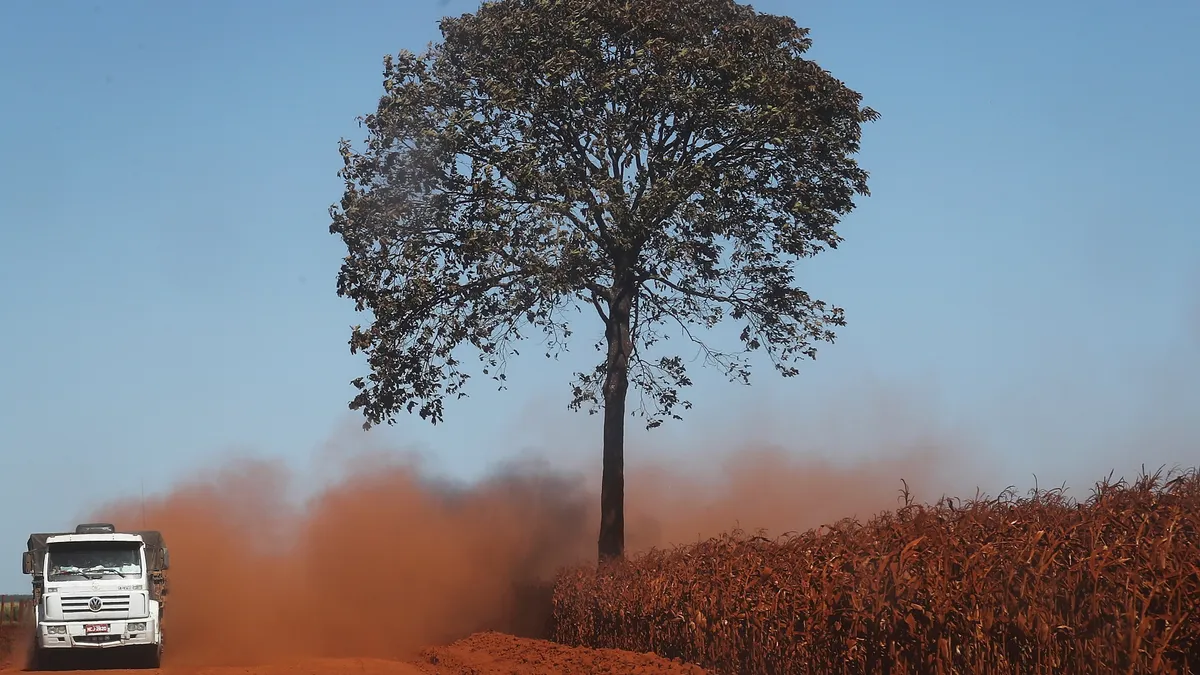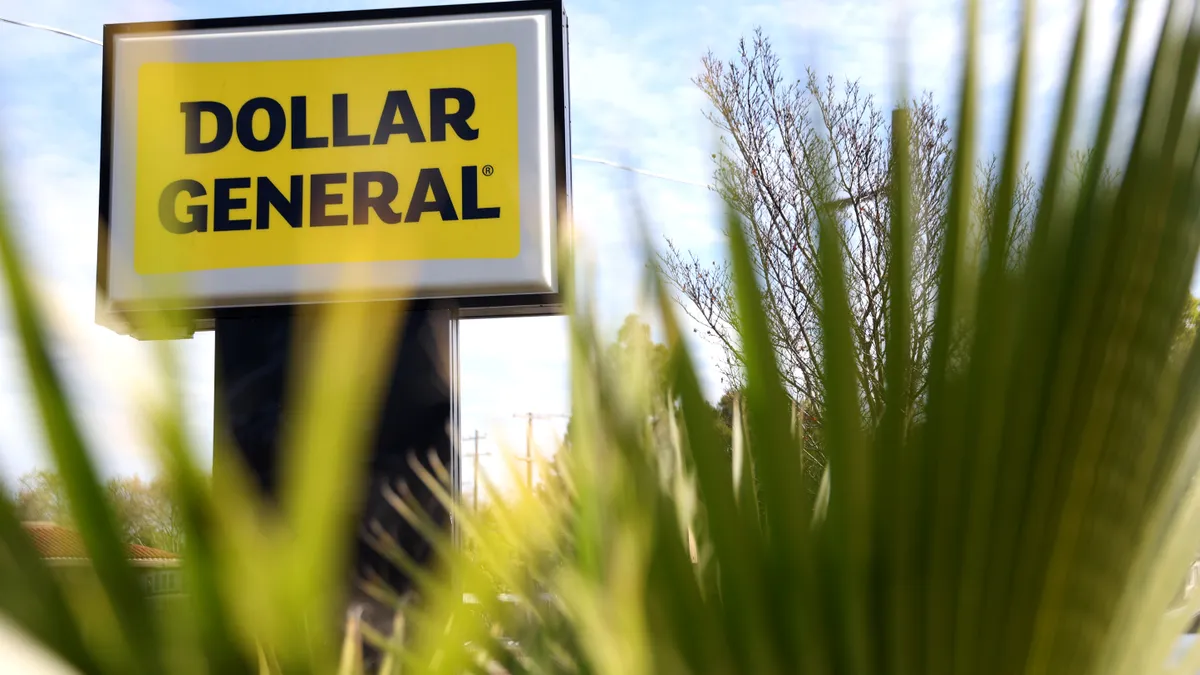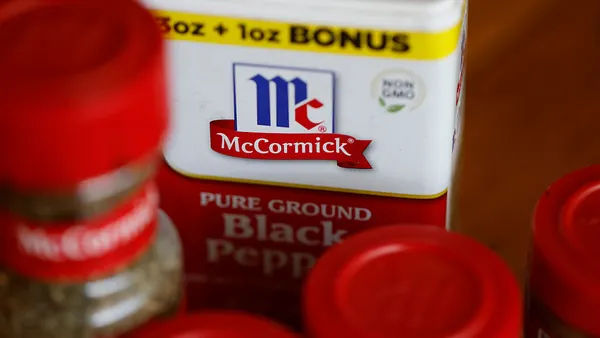Dive Brief:
- Cargill on Monday announced an accelerated commitment to end deforestation and land conversions linked to key commodities in Argentina, Brazil and Uruguay by 2025.
- The company, one of the world's largest commodity traders, said it will leverage geospatial technology from the World Resources Institute to improve supply chain traceability for row crops including soy, corn, wheat and cotton.
- The commitment builds upon Cargill's goal to eliminate deforestation across supply chains by 2030. Deforestation makes up the majority of Cargill's environmental footprint, with 66% of emissions stemming from land use change, according to its 2023 environmental report.
Dive Insight:
Cargill's expedited plan to protect biodiversity comes as large agribusinesses scramble to meet standards under a landmark deforestation law from the European Union passed earlier this year.
The law gives large businesses until the end of 2024 to comply with strict due diligence measures that confirm certain products, such as palm oil and soy, aren't linked to deforestation. Fines for noncompliance can be as high as 4% of a company's annual revenue in the EU.
In response, Cargill has ramped up traceability measures such as GPS polygon mapping, which can detect forest cover changes on supplier farms. The company completed polygon mapping of direct suppliers in Brazil over a year ago, and recently achieved the same for Argentina, Bolivia, Paraguay and Uruguay.
Cargill's failure to reach a 2020 goal to end deforestation earned it the title of "worst company in the world" from activist group Mighty Earth. A September report from Global Witness found the company directly purchased soy from farms in Bolivia linked to deforestation.
Mighty Earth CEO Glenn Hurowitz questioned aspects of Cargill's new deforestation goal, ultimately calling it "an important but incomplete step for nature, climate, and communities."
"Cargill’s commitment should spark accelerated action by food and agriculture companies on deforestation in the lead-up to the COP28 climate summit," Hurowitz said in a statement. "Given Cargill’s historic leading role in driving forest destruction, their commitment should be considered an absolute baseline."
Argentina, Brazil and Uruguay make up about 30% of the world’s trade flows and 13% of total production of row crops. Cargill said its commitment will help protect native vegetation and support sustainable agriculture in these countries.
"Accelerating our commitment is a testament to our resolve to make real, tangible progress against deforestation and land conversion," Cargill Chief Sustainability Officer Pilar Cruz said in a statement, "while also supporting the livelihoods of farmers and agricultural communities that are vital to feeding the world.”
















